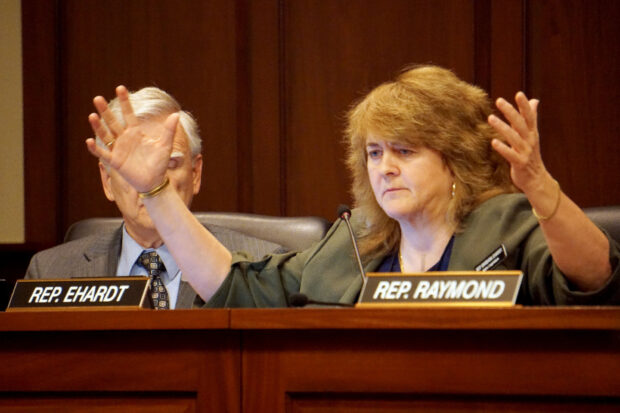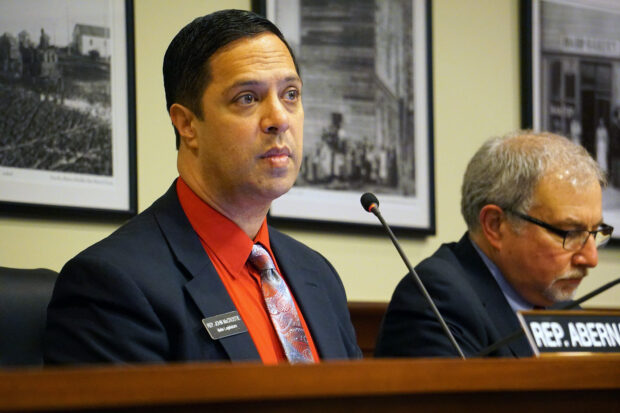The House Education Committee voted along party lines Friday to introduce a rewritten sex education opt-in bill pushed by Idaho Falls Republican Rep. Barbara Ehardt.

Ehardt said she listened to feedback regarding last year’s version of her sex ed bill, House Bill 120, which the Senate Education Committee killed in 2019.
“I listened and we made some changes and this bill is a parental rights bill,” Ehardt said.
This year’s installment of the bill features a new definition of “instruction regarding human sexuality.”
Unlike last year’s bill, the new bill leaves in place existing section of Idaho law that allows parents to file a written request excusing their children from participating in sex education courses.
The bill then adds a new clause requiring parents to file written permission slips with the school to opt their child in for “any instruction regarding human sexuality.”
That opt-in requirement refers back the definition of human sexuality, which Ehardt defines as:
“Any presentation, story time, discussion, or reading assignment, other than sex education as specifically and narrowly defined in subsection one of this section, that is focused primarily or substantially on human sexuality, encompassing the topics of sex, gender identity, sexual orientation, eroticism, sexual pleasure, or sexual intimacy…. By either a regular or guest instructor.”
Ehardt said she drafted the bill this way so that parents would not have to opt-in to sex education instruction focused narrowly on “the study of the anatomy and the physiology of human reproduction.”
If instruction — in any subject area, including English or social studies — moves beyond that and enters any of the territory that Ehardt defines as human sexuality within the bill, then parents would be required to opt their children in to participate.
“That codifies what we have in statute already and further codifies parents will have the opportunity of necessity to opt their kids into sexually related material,” Ehardt said.
During an interview after the meeting, Idaho Education News asked Ehardt what would happen if a parent and school principal were in disagreement over whether or not material being taught met her definition of human sexuality.
When asked who gets to make the final decision, Ehardt said “ultimately the parent.”
“This is a parental rights bill and if the principal, who is the director of their school, had been presented with concerns from the parent, let’s hope with some good, clear direction that, you know, cool, calm and clear heads will prevail in understanding what is wanted,” Ehardt said. “I think that we all can understand that eroticism is a lot different than discussing a scene from ‘Romeo and Juliet.’ That is not in there.”

Friday’s hearing was only an introductory hearing. Therefore, public testimony was not accepted and the committee discussion was limited. Rep. John McCrostie, D-Garden City, attempted to ask questions about the bill before making an unsuccessful effort to kill it on the spot.
“The inclusion of some of these words that are part of this legislation, I believe, are completely inappropriate for Idaho statues,” McCrostie said. “I’m a liberal, gay Democrat and I’m shocked we put eroticism and sexual pleasure and sexual intimacy into Idaho Code. I find that inappropriate.”
In the end, each of the committee’s Republicans supported introducing the bill, while the three Democrats opposed it.
Introducing the bill clears the way for it to return to House Education for a full hearing.
